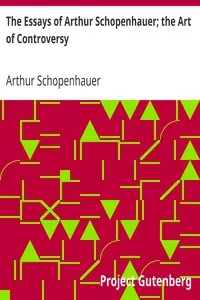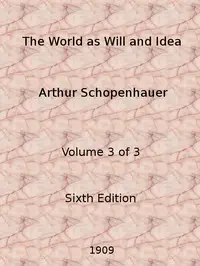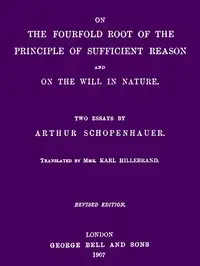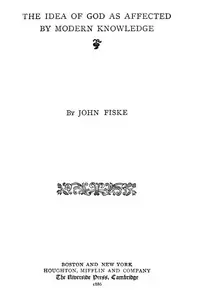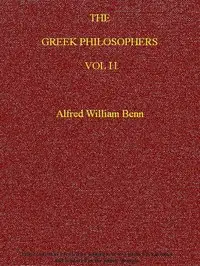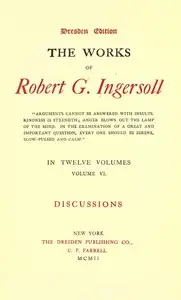"The Essays of Arthur Schopenhauer; Religion, a Dialogue, Etc." by Schopenhauer is a philosophical collection of essays likely written in the early 19th century. This volume explores various topics, including religion, pantheism, and the philosophy of reading, showcasing Schopenhauer's significant insights into the human condition, morality, and the metaphysical fabric of society. At the start of the book, a prefatory note introduces Schopenhauer as a philosopher notable for his clarity and his appeal to everyday experiences. In the dialogue "Religion," characters Demopheles and Philalethes engage in a debate about the nature and function of religion in society. Demopheles defends religion as a vital tool for uplifting the masses and providing moral guidance, while Philalethes critiques it as a veneer over reality that stifles genuine philosophical inquiry and perpetuates ignorance. Their discourse highlights the tension between faith and empirical understanding, with Philalethes arguing for a pursuit of truth independent of religious dogma, ultimately suggesting that the tendency of religion to veil the truth is detrimental to societal progress. This opening sets the stage for Schopenhauer's broader reflections on the complexities of human beliefs and the nature of existence. (This is an automatically generated summary.)
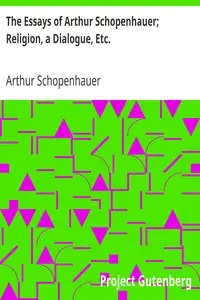
The Essays of Arthur Schopenhauer; Religion, a Dialogue, Etc.
By Arthur Schopenhauer
"The Essays of Arthur Schopenhauer; Religion, a Dialogue, Etc." by Schopenhauer is a philosophical collection of essays likely written in the early 19...
Genres
Released
2004-01-01
Formats
epub3 (images)
mobi
epub
epub (images)
mobi (images)
Free Download
Overview
About the Author
Arthur Schopenhauer was a German philosopher. He is known for his 1818 work The World as Will and Representation, which characterizes the phenomenal world as the manifestation of a blind and irrational noumenal will. Building on the transcendental idealism of Immanuel Kant (1724–1804), Schopenhauer developed an atheistic metaphysical and ethical system that rejected the contemporaneous ideas of German idealism.
Total Reviews
10.0k
Total reviews from Goodreads may change

